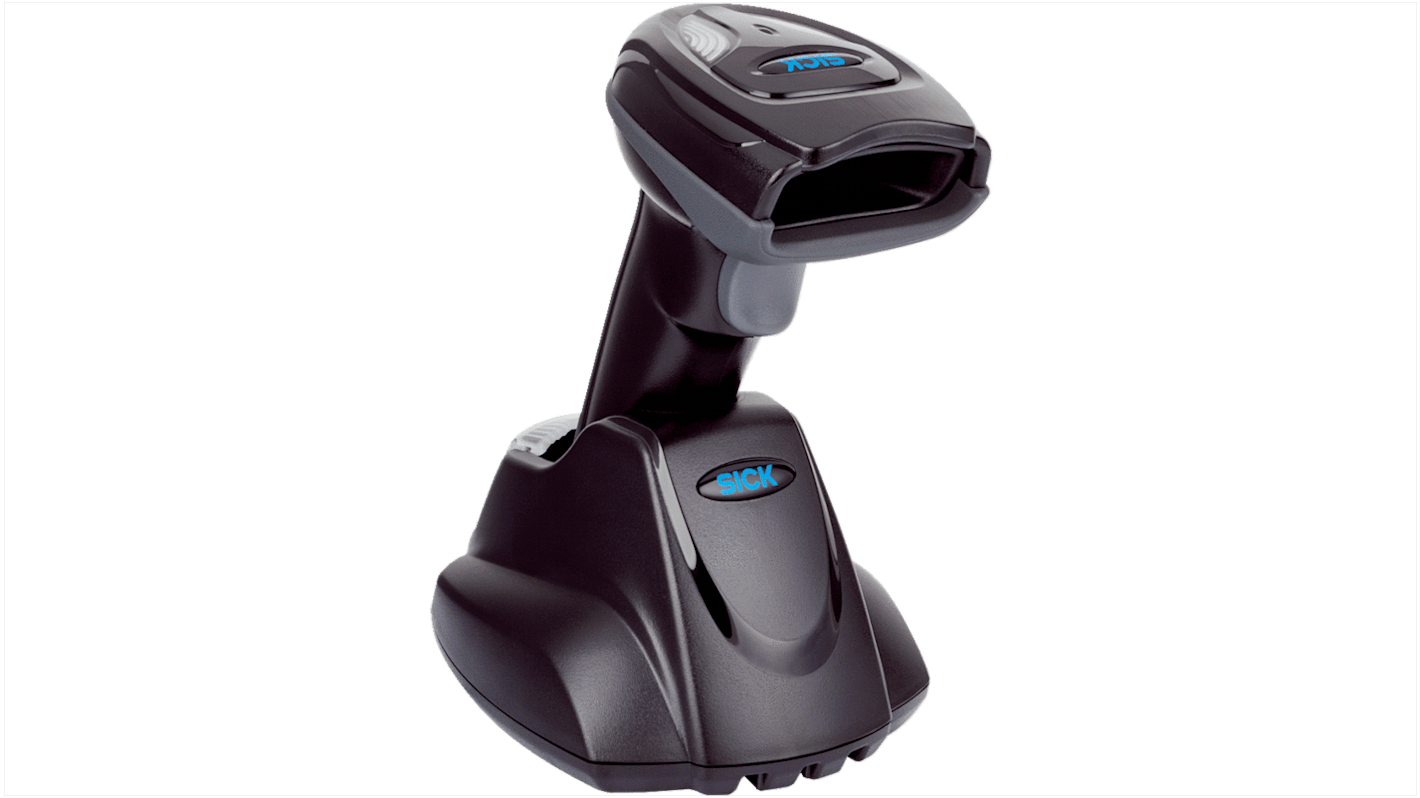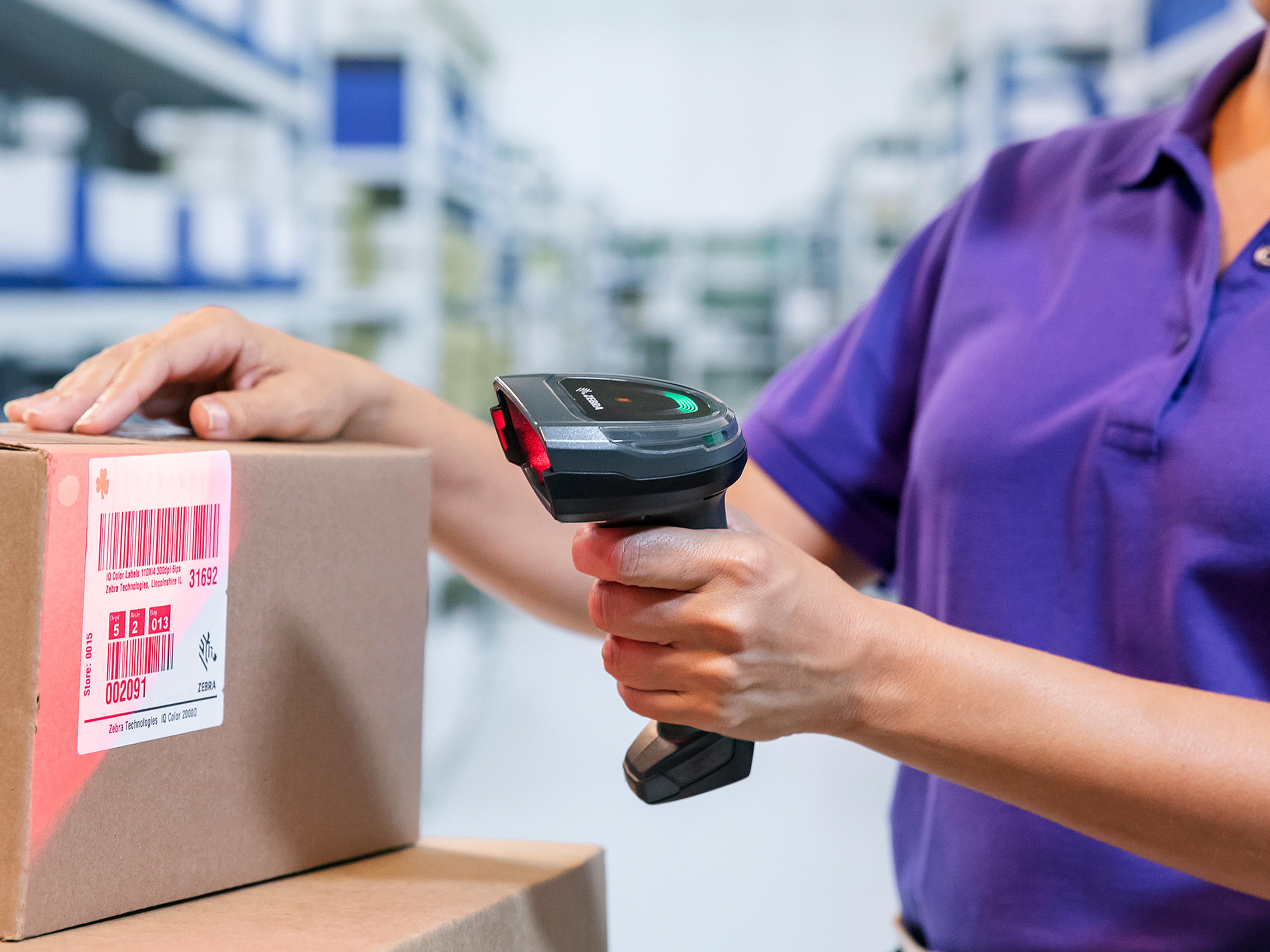Choosing the Right Barcode Scanner for Your Service Demands
Selecting the proper barcode scanner for your business needs a nuanced understanding of your specific operational requirements and ecological problems. Elements such as scanner kind, rate, and compatibility with existing systems play a pivotal function in establishing the right option. Additionally, factors to consider around sturdiness, connection, and the complete cost of ownership can considerably affect lasting performance. Understanding these aspects is necessary, yet several businesses neglect important facets that might affect their general performance. The following actions in this procedure can make all the distinction for your procedures.
Understanding Barcode Scanner Types
When it involves choosing a barcode scanner, comprehending the various kinds readily available is important for meeting particular company needs. Barcode scanners can be categorized right into numerous kinds, each created for different applications and environments.
Portable scanners are the most common, using transportability and convenience of usage, making them appropriate for retail and stock monitoring. They generally connect by means of USB or Bluetooth, offering flexibility in procedure. Fixed-mount scanners, on the other hand, are made for high-volume scanning applications, commonly found in setting up lines or checkout counters. These scanners are placed in a fixed position, permitting fast scanning of numerous products one by one.
One more kind is the mobile computer, which incorporates scanning capabilities with calculating power. These tools are excellent for field procedures or storage facility monitoring, enabling data collection and real-time supply tracking. Furthermore, there are commercial scanners that are built to endure rough environments, such as severe temperature levels or exposure to dirt and wetness.

Key Attributes to Think About
What essential features should services prioritize when selecting a barcode scanner? Scanning speed is vital, as faster scanners improve functional performance, particularly in high-volume environments. The scanner's capability to check out numerous barcode formats is also important; ensure it supports popular kinds like QR codes, UPC, and Code 128 to fit varied inventory items.
Longevity is an additional key feature, specifically for companies in rugged settings. Seek versions that are developed to endure drops, dirt, and dampness. Furthermore, consider the connection choices offered; whether you prefer USB, Bluetooth, or Wi-Fi, the right connection can improve integration with existing systems.

Examining Your Business Atmosphere
To efficiently pick a barcode scanner, companies need to analyze their certain functional environment. This analysis includes examining the physical layout of the work area, the nature of the items being scanned, and the common problems under which scanning takes place. For instance, a retail atmosphere might require handheld scanners that can swiftly refine transactions at the click to investigate checkout, while a stockroom setting may take advantage of ruggedized scanners designed to withstand harsher problems.
Furthermore, think about the quantity of scanning needed. High-throughput environments may require advanced scanning technologies, such as fixed-position scanners or mobile tools that can run efficiently in busy situations. The assimilation capabilities with existing inventory management systems also play a crucial role; ensure the chosen scanner can seamlessly get in touch with software application platforms being used.
Moreover, examine the possibility for development and scalability. A scanner that fulfills existing demands may not suffice as company expands. By completely examining these elements, services can pick a barcode scanner that not only satisfies instant requirements but also sustains long-lasting operational performance and flexibility. This calculated technique ultimately adds to smoother procedures and improved productivity.
Budgeting for Your Scanner
Having evaluated the functional setting and determined the particular requirements for a barcode scanner, the next action involves careful budgeting to ensure a clever financial investment. Developing a budget starts with identifying the total costs connected with the scanner, consisting of preliminary acquisition price, functional expenses, and prospective upkeep costs.
When choosing a barcode scanner, consider the variety of readily available options, from portable tools to fixed-position scanners, as prices can differ substantially. It is vital to stabilize cost with performance; choosing a more inexpensive version may cause raised operational ineffectiveness if it does not fulfill your business needs.
Along with the equipment, element in expenses connected to software application, training, and prospective upgrades. While it could be alluring to minimize upfront expenditure, purchasing a top quality scanner that straightens with your operational requirements can yield long-lasting cost savings with improved effectiveness and minimized downtime.
Last but not least, take into consideration the complete price of possession, which incorporates the scanner's lifespan and potential resale value. By carefully preparing your budget plan, you can make sure that your financial investment in a barcode scanner will improve your operational productivity and monetary efficiency.
Combination With Existing Solution
Integrating a barcode scanner with your existing systems is vital for optimizing its performance and making sure seamless why not look here operations. barcodes scanners. A well-integrated scanner improves operations performance, lowers errors, and accelerates data handling. When picking a barcode scanner, take into consideration compatibility with your present software and hardware framework, including your inventory monitoring systems, point-of-sale (POS) systems, and business source preparation (ERP) services
Assess whether the scanner uses basic protocols such as USB, Bluetooth, or Wi-Fi, which can help with easy assimilation. Furthermore, evaluate whether the scanner's software uses APIs or SDKs that enable for customization and assimilation with exclusive systems. This is particularly important for services with distinct functional demands.
As your business grows, your systems ought to be able to fit additional scanners and explanation manage raised information quantities without significant reconfiguration. Ultimately, investing in a barcode scanner that perfectly integrates with your existing systems will certainly yield long-term benefits, improving accuracy, efficiency, and overall productivity within your operations.

Conclusion
In conclusion, picking a proper barcode scanner necessitates a comprehensive analysis of different variables, consisting of scanner kinds, essential functions, and the certain business setting. The best barcode scanner offers as an important device in improving procedures and helping with reliable inventory administration.